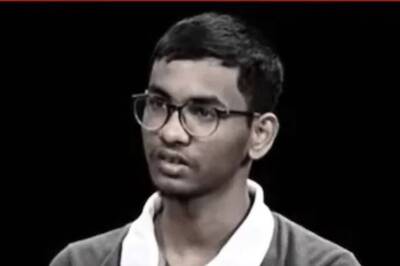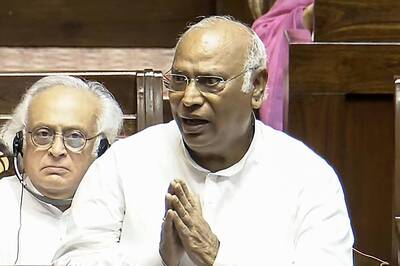
views
Moving a step further from innovation to what has been termed as “indovation”, the All India Council for Technical Education (AICTE) plans to set up eleven such centres across the country to carry out Indian Knowledge System (IKS) projects – a mainstay of the Centre’s new education policy, said officials.
According to officials, the eleven centres will be coming up in place of the now shut council’s regional offices, which so far were looking after the approval process for higher education institutions in those areas, as their major work has been digitalised and is run from the headquarters.
“The indovation centres will be set up in 11 cities including – Kanpur, Bhopal, Bengaluru, Trivandrum, Hyderabad, Chennai, Chandigarh, Jaipur, Baroda, Kolkata and Guwahati. These cells will be carrying out research for IKS projects such as validating theories developed in the ancient times, verifying old texts, carrying out translations, among others,” said a senior official.
The regional offices were closed down this year and were being used for innovation and incubation. Now, innovation under IKS will be the major focus in these centres, the official added.
The plan is in line with National Education Policy (NEP) 2020, which emphasises on incorporating Indian knowledge in higher education curriculum. The Union Ministry of Education (MoE) established an IKS division under AICTE the same year for this purpose.
The University Grants Commission (UGC) earlier this year released guidelines on IKS that mandate promotion of research and instruction at all levels of education, by developing and teaching new courses at the undergraduate and postgraduate levels.
The IKS guidelines that were released this April stated that the knowledge of the Vedas, Puranas and other ancient Indian texts can now fetch students credits under the National Credit Framework (NCrF). The guidelines under the framework shall be implemented in all higher education institutions across the country.
IKS can now be “creditised” under the NCrF at par with other fields of activities such as games and sports (Olympics, federation games, Asian Games etc), performing arts (dance, Indian classical music), master craftsmen of heritage and traditional skills and social work with high impact or in priority areas, among others.
The IKS tradition mentions 18 major vidyas, or theoretical disciplines and 64 kalas, applied sciences or vocational disciplines, crafts. The 18 vidyas include – the four vedas, the four subsidiary vedas (Ayurveda – medicine, Dhanurveda – weaponry, Gandharvaveda – music, shilpa – architecture), Purana, Nyaya, Mimamsa, Dharmsastra and Vedanga, the six auxiliary sciences, phonetics, grammar, metre, astronomy, ritual and philology. All of these together formed the basis of the 18 sciences in ancient India.
The ministry’s higher education department has already opened 13 IKS centres across the country for research and outreach activities under wide categories of subject such as science, engineering, technology, health and wellness through ayurveda, yoga, naturopathy, psychology, linguistics, phonetics and epistemology, among others.



















Comments
0 comment